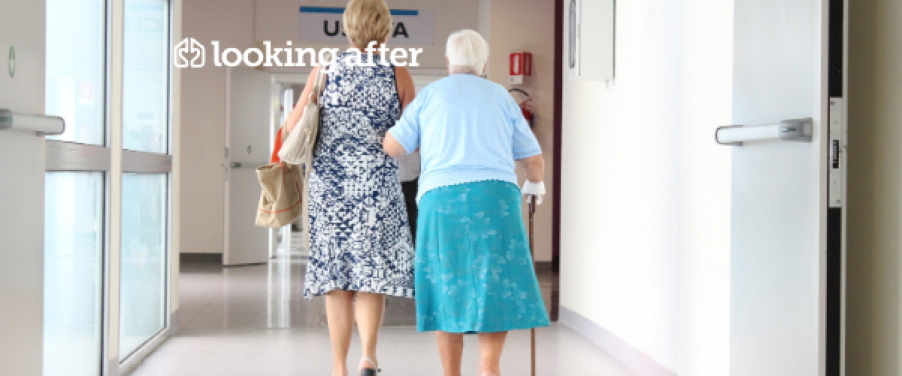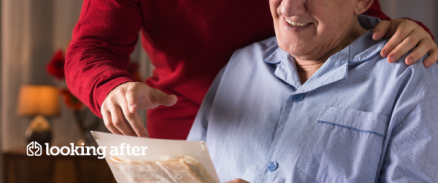Hospital visits - some advice on what to do
Hospital visits - some advice on what to do.
When visiting someone with dementia who has been admitted to hospital, there are a few areas you should focus on that will benefit you and the patient.
First up, stand your ground. It’s visiting time, so the doctors and nurses shouldn’t need to interrupt and carry out tests etc when you are trying to have some quality time with a friend, a loved one. If required, as the medical staff that they wait and/or come back after visiting time. Challenge the rules at times, make sure the person is not left to the mercy of the ‘system’.
Exercise
If it is possible, take the patient for some exercise. Go for a walk in the hospital grounds, or if you can’t do that, walk around the hospital. Get them active, as it highly likely their mobility has been greatly reduced with the admission into hospital.
Get them outside
Get them outside into the fresh air, natural sunlight. If there is a garden, then great, use it. Going back to the point about being standing your ground. If the garden is closed, ask that access be granted. If you need a wheelchair to get the person outside, then ask for one firmly yet politely.
Personal objects/belongings
Go to the hospital armed with as many personal items as possible. Cards from family members, gifts, photo’s, flowers etc. Whatever helps to decorate the bed space and make the person feel loved and cared for. The other advantage is that people who look as though they come from a large, interested family, always seem to get more attention from the nursing staff. It tends to trigger more conversation and makes the patient appear more interesting and sociable. It brings a ‘human’ element to the bedspace, rather than a patient being just a number on the whiteboard behind the bed.
Make sure there is a notebook that you can use to jot down the patients likes/dislikes. What makes them feel safe, what doesn’t etc etc. This can then be presented/given to staff member so that they are better equipped to make sure the patients stay is as comfortable as possible.
Eating & Drinking
Make sure the patient is encouraged to eat and drink. Take food and drink in with you, and make sure it is reasonably healthy, although the most important thing is to take food that you know the patient will not resist. Yes, they may include cake!!
The patient may not want to eat the hospital food, so these visits may be crucial when it comes to the patient’s nutrition levels and subsequent health improvement.
Ankle swelling
Check to make sure their ankles are not swollen. It’s a common complaint, although don’t assume the nursing staff are all over it. If you find they are swollen, make sure staff are made aware and make sure the patient’s feet are kept up.
Bed sores/pressure sores
Again, as with swollen ankles, these things should be checked by staff, but make sure you check yourself. Check elbows/bottoms/heels for redness of the skin and broken skin. Again, if found, make sure the staff are made aware and do something about it. It often signifies a lack of movement, so you need to get the patient up and moving, even if it is just in bed.
Toilet visit
Tke the patient to the toilet and make sure they wash their hands. The added benefit if you can, is to check their urine for obvious signs of dehydration.
Discuss the patient’s condition with the nurses - if you have power of attorney, then you can do quite a lot. Ask for the latest updates, and ask to read the notes. If they decline, insist you are allowed to.
Make sure the staff are aware who the person really is. As with the comments around taking personal items to the visit and decorating the bed space, make sure they know that there is a person in that hospital bed, not just a patient. Tell the staff what he/she used to do workwise, what hobbies they had, what memorable things they have done in life, how many grandchildren they have etc etc. Adding that human element will help to make sure the staff know they are dealing with a human, with feelings/emotions.
At the end of the day, the best visitors to hospitals are those that the staff regard as an extra pair of hands to help with the patient. If you can show that you can make sure that they go to the toilet and wash their hands, are making sure that the person is calm and relaxed, then it more likely that you will be able to access the patient at meal times and other non official visiting times.







